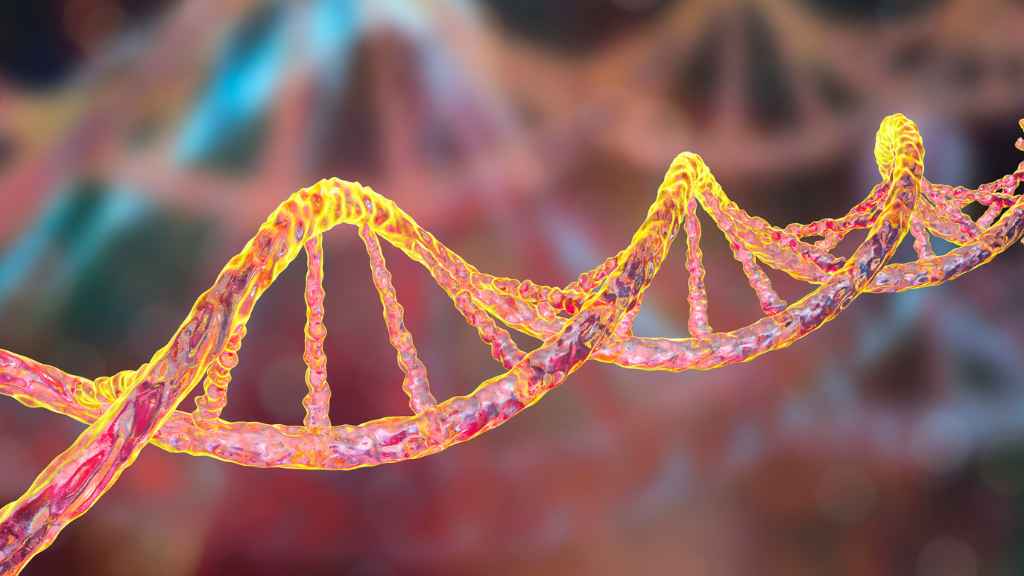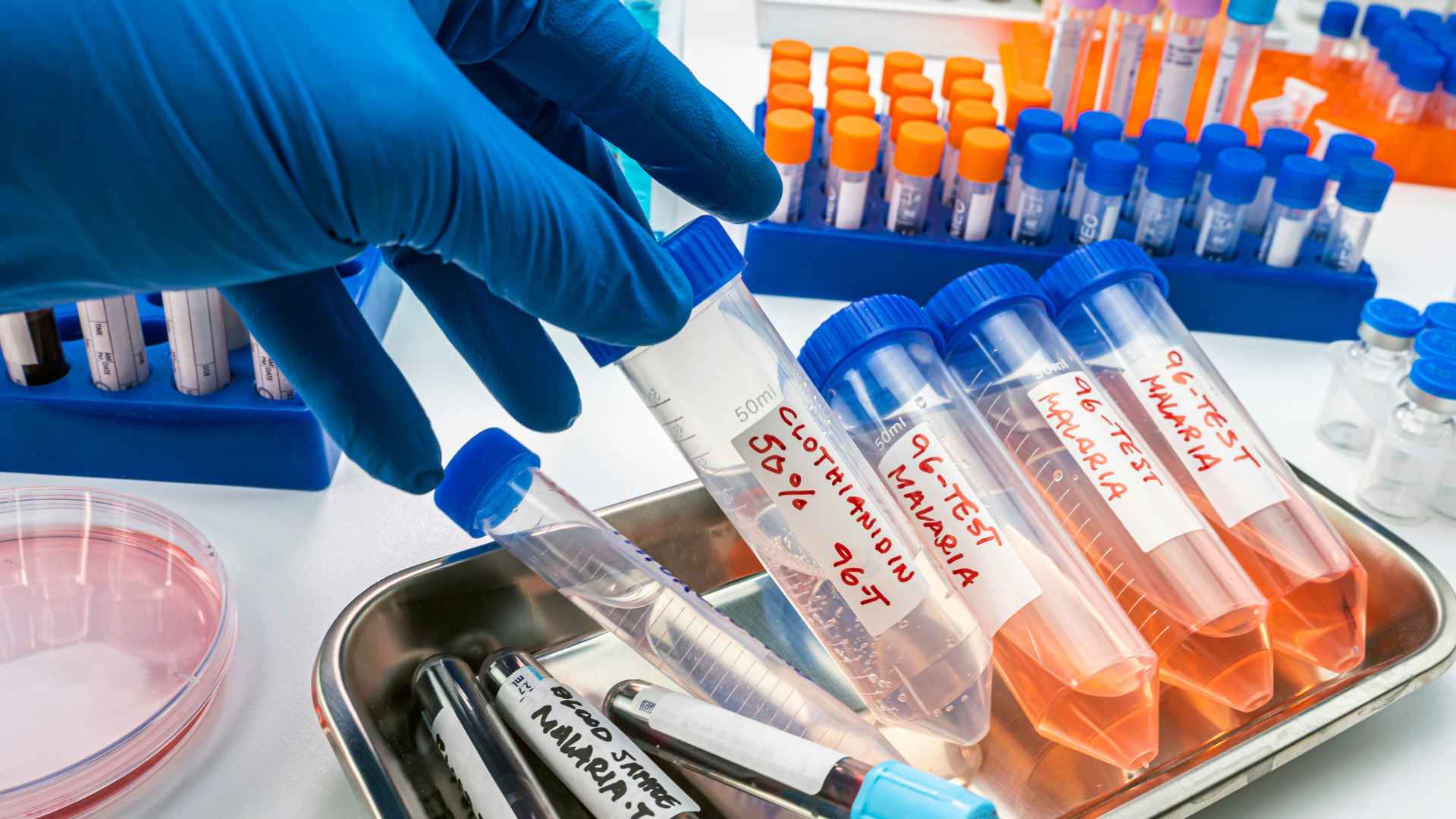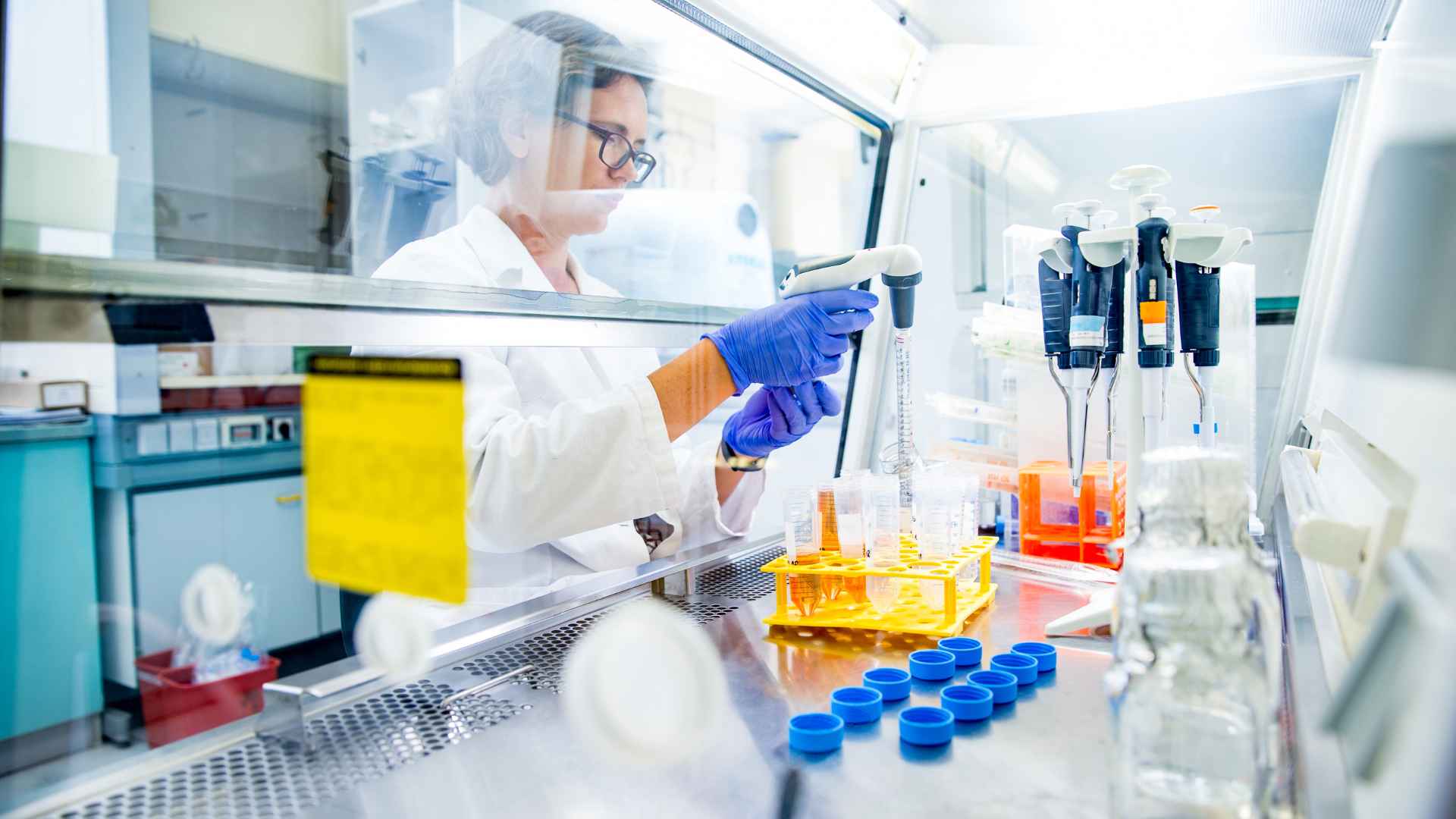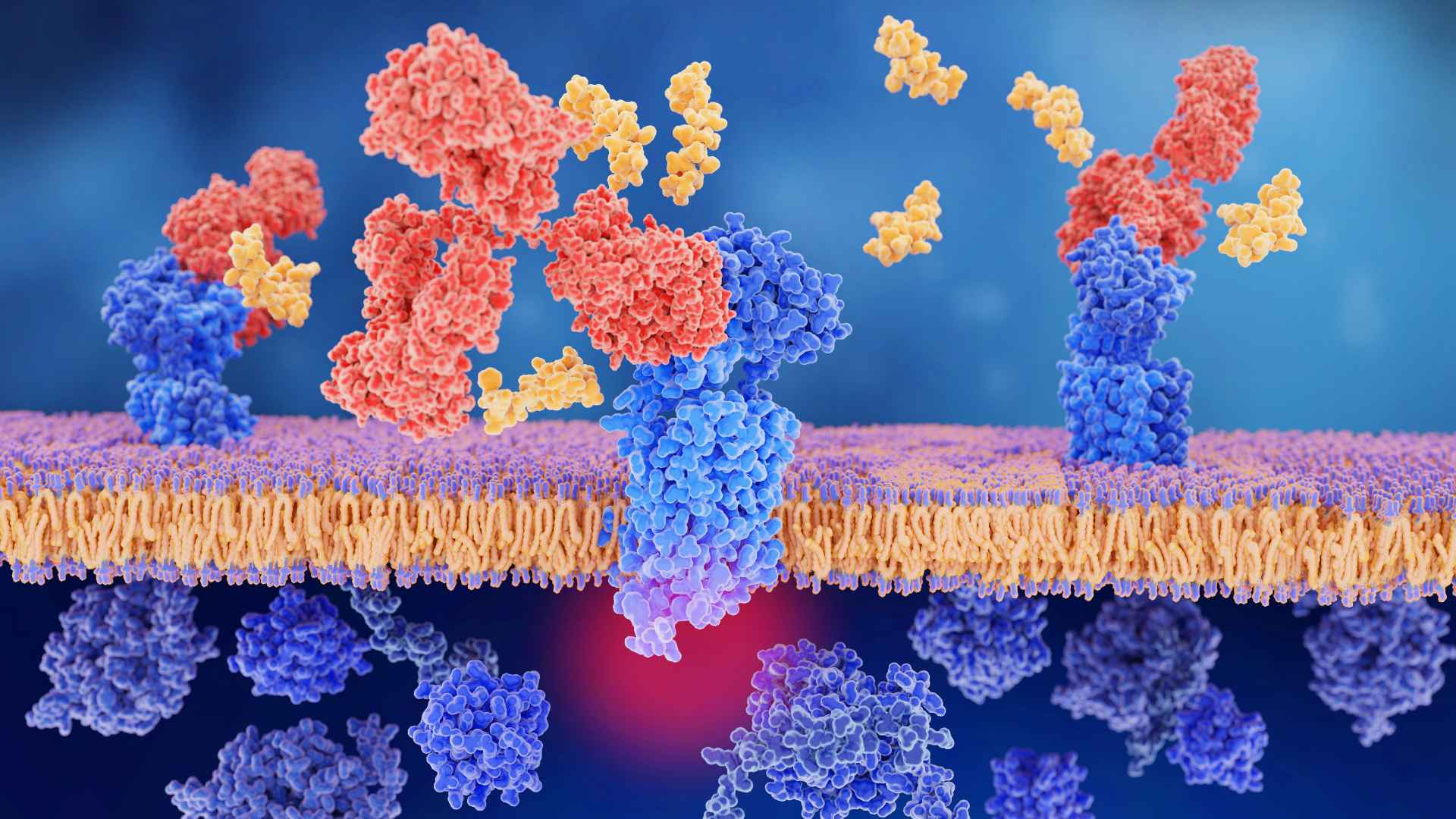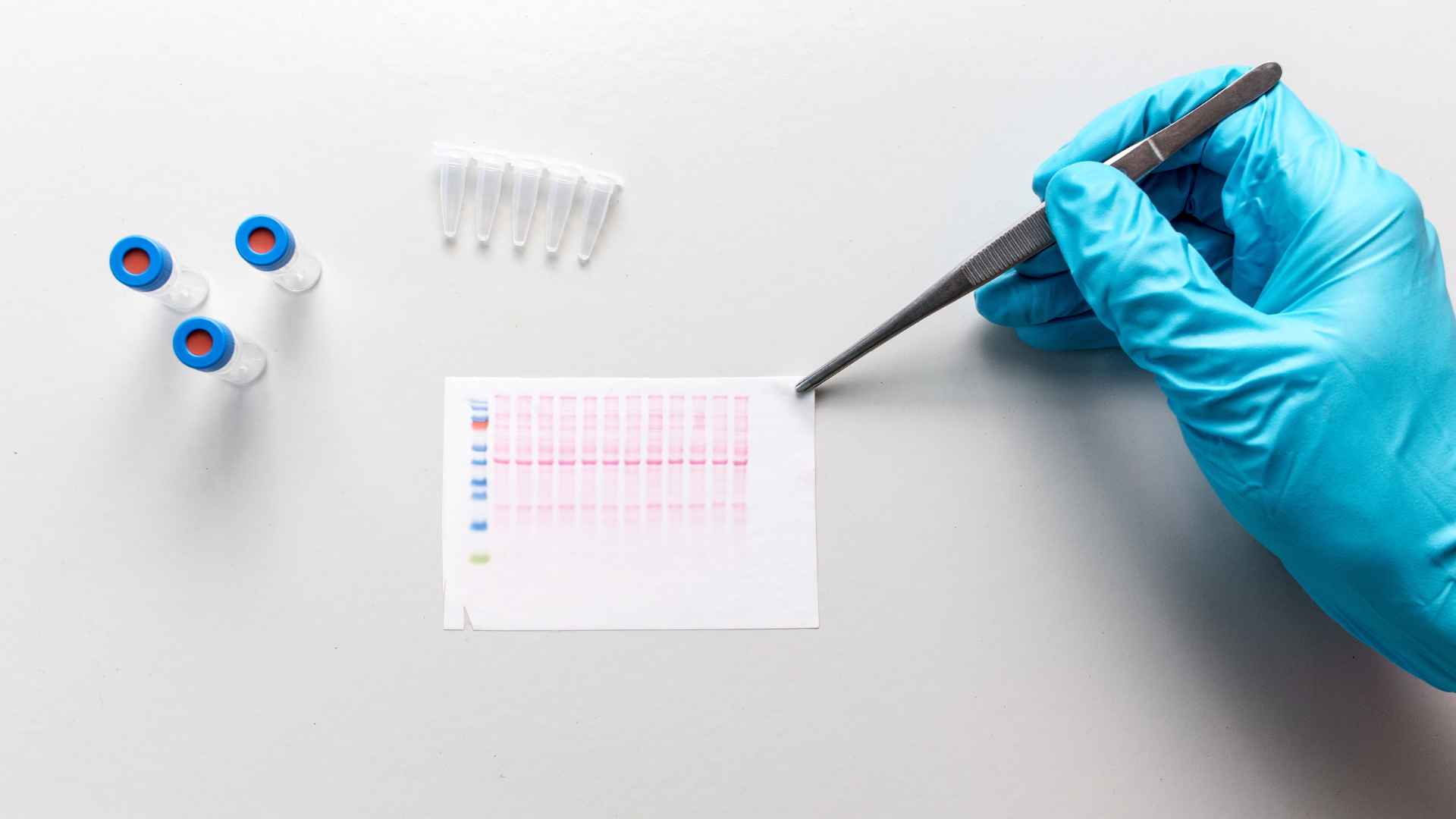In the vast and intricate world of genetics, understanding how genes are turned on and off is crucial. Gene expression assays stand at the forefront of this exploration, offering insights into the complex mechanisms that dictate cellular function. These assays have revolutionized the way scientists approach genetic research, enabling a deeper understanding of disease, development, and evolution.
At its core, a gene expression assay is a powerful tool that measures the activity of genes within a cell. It’s not just about identifying which genes are present; it’s about understanding their levels of activity and how they interact with each other under various conditions. This knowledge is pivotal in unraveling the mysteries of biology and advancing medical research, making gene expression assays a cornerstone of modern genetics.
Importance of Gene Expression Assays
Gene expression assays have become indispensable tools in the field of genetics and molecular biology. They play a pivotal role in unraveling the complexities of how genes are activated or repressed in various cellular contexts. Through the quantification and analysis of gene expression, researchers can gain a deeper understanding of the dynamic interactions within the cell and how these interactions are influenced by internal and external factors.
Gene expression assays allow for the precise measurement of mRNA levels, offering insights into gene activity that are not possible through DNA analysis alone. This precision is crucial when investigating the molecular basis of diseases, where even subtle changes in gene expression can have profound effects. For instance, differential gene expression analysis can help identify genes that are upregulated in cancer cells, providing potential targets for therapeutic intervention.
Also, these assays have significant implications in drug development and personalized medicine. By understanding how genes are expressed in response to specific treatments, researchers can pave the way for more targeted and effective therapies. In cancer research, gene expression assays are used to determine the sensitivity of tumor cells to different anti-cancer drugs, a process that can predict treatment outcomes and guide clinical decision-making.
Plus to their applications in disease research, gene expression assays are also fundamental in basic biological research. They are employed to study patterns of gene expression during development, cellular differentiation, and response to environmental stimuli. This research enriches our understanding of the fundamental processes of life and can lead to discoveries that impact various fields of medicine and biotechnology.
With the advent of high-throughput technologies and advances in computational biology, gene expression assays now offer unprecedented scale and depth of analysis. This progress has opened new avenues for investigating complex biological systems and understanding the genetic underpinnings of health and disease. The insights gained from these assays are not only shaping our current understanding but are also laying the groundwork for future innovations in genetics and medicine.
Understanding Gene Activity
In the area of genetic research, revealing the secrets of gene activity provides a foundational understanding of how organisms function at the most basic level. Gene expression assays serve as crucial tools in this try, offering insights into the when, how, and why genes are turned on and off within cells. This process, vital for the study of cellular mechanisms, impacts everything from development to disease.
Gene expression measurement is not a one-size-fits-all approach. Assays are meticulously designed to quantify the levels of mRNA, the messenger molecules that carry the instructions from DNA for protein synthesis. This step is pivotal, as the amount of mRNA present correlates directly with the gene being actively expressed. Tools such as quantitative PCR (qPCR) and RNA sequencing (RNA-Seq) represent the forefront of techniques used to analyze these genetic transcripts.
The application of gene expression assays extends beyond basic science to practical applications in medicine and biotechnology. Researchers can delineate the pathways of disease, identify targets for therapeutic intervention, and understand the genetic underpinnings of drug resistance. For instance, in a setting where developing targeted therapies is key, understanding the specific genes involved in disease pathways can guide the creation of more effective treatments.
The dynamic field of gene expression research continually benefits from advancements in technology. Enhanced sensitivity, specificity, and the ability to process multiple samples simultaneously have significantly boosted the efficiency and depth of data obtainable from these assays. This progress allows scientists to unravel complex genetic interactions at an unprecedented scale.
These innovations are echoed in the services provided by Da-Ta Biotech, where they harness the power of gene expression assays among other cell-based assays to drive advancements in the biotechnology industry. Catering to a broad spectrum of needs, from anti-cancer drug screening to wound healing rates, Da-Ta Biotech exemplifies how specialized facilities can amplify the impact of genetic research. Through offering both established protocols and the flexibility to adapt to client-suggested SOPs, Da-Ta Biotech bridges the gap between academic discovery and therapeutic application, emphasizing the indispensable role of gene expression assays in modern science.
The Role of Gene Expression Assays in Genetic Research
Gene expression assays have emerged as essential tools in the world of genetic research, enabling scientists to investigate into the intricate mechanisms of gene regulation. They allow researchers to observe how and when genes are turned on or off in different types of cells and under various environmental conditions. This capability is not only fundamental for understanding basic biological processes but also vital in identifying the molecular underpinnings of diseases.
At the heart of genetic research, gene expression assays help a deeper comprehension of cellular responses, offering insights that were previously unattainable with traditional DNA analysis. These assays measure mRNA levels as a proxy for gene activity, providing a dynamic view of gene expression that reflects the cell’s immediate response to its environment. This dynamic perspective is crucial for studies on cellular differentiation, development, and pathology.
Also, the application of gene expression assays extends beyond the area of basic science. They play pivotal roles in drug discovery and development, enabling the identification of novel targets and the evaluation of therapeutic efficacy. By examining how gene expression changes in response to drug treatment, researchers can discern the biological pathways influenced by a drug and predict its potential effects in humans.
Da-Ta Biotech harnesses the power of gene expression assays to spearhead advancements in genetic research and biotechnology. With their cutting-edge cell-based assays, Da-Ta Biotech offers researchers the tools to explore gene expression in a variety of human and rodent cell lines and disease models. Whether utilizing Da-Ta Biotech’s robust protocols or customizing them to fit specific research needs, scientists can leverage gene expression assays to push the boundaries of what is known about genes and their regulation.
The importance of gene expression assays in genetic research cannot be overstated. They are the nexus between theoretical knowledge and practical application, enabling discoveries that pave the way for innovative treatments and a deeper understanding of the genetic blueprint of life. As technology progresses and our understanding of gene regulation expands, gene expression assays will undoubtedly continue to play a crucial role in the fields of genetics and biotechnology.
Measuring Gene Activity Through Assays
Gene expression assays stand at the forefront of genetic research, serving as critical tools for measuring the activity of genes across various biological contexts. They provide a quantitative measure of the levels of mRNA, indicating how genes are expressed within cells under different conditions. This section delves into the importance of these assays in understanding gene function and regulation.
The Role of Gene Expression Assays in Research
Gene expression assays are indispensable in the study of cellular responses to environmental changes, the impact of genetic modifications, and the progression of diseases. They enable researchers to:
- Identify genes that are turned on or off in disease states
- Monitor cellular responses to treatments
- Understand the mechanisms driving cellular processes
By measuring mRNA levels, these assays offer insights into the dynamics of gene regulation and expression. This information is crucial for developing targeted therapies and for advancing our understanding of complex biological systems.
Techniques and Technologies
Several techniques are employed in conducting gene expression assays, each with its advantages and limitations. Quantitative PCR (qPCR) and microarray analysis are commonly used methods that provide reliable results. Next-generation sequencing (NGS) technologies have also emerged as powerful tools for gene expression profiling, offering higher resolution and the ability to discover new transcripts.
Da-Ta Biotech’s Approach to Gene Expression Assay
Da-Ta Biotech leverages state-of-the-art gene expression assays to propel forward genetic research and biotechnology. With an arsenal of over two dozen human and rodent cell lines and a variety of disease models, Da-Ta Biotech offers a comprehensive platform for gene expression analysis. Whether researchers opt for Da-Ta Biotech’s established robust protocols or prefer to carry out their specific SOPs, the company’s expertise in gene expression assays is pivotal in bridging theoretical knowledge with practical applications in drug discovery and beyond. Managed by Dr. Rinat Borenshtain-Koreh and her team of R&D specialists, Da-Ta Biotech guides projects from the discovery phase to investor presentations, underlining the significance of gene expression assays in understanding and combating diseases.
Applications of Gene Expression Assays
Gene expression assays have revolutionized our understanding of cellular function and disease mechanisms. At Da-Ta Biotech, gene expression assay applications span a broad spectrum of research and development areas, each critical for advancing scientific knowledge and therapeutic innovation.
Drug Discovery and Development
In the area of drug discovery, gene expression assays play a pivotal role. They enable researchers to identify drug targets by analyzing how genes are expressed in disease versus normal states. Once potential targets are identified, gene expression assays guide the development process by testing the efficacy of compounds. Da-Ta Biotech’s model for screening anti-cancer drugs, for example, employs gene expression assays to determine EC50 values—crucial data for evaluating drug potency.
Disease Research
Understanding the genetic underpinnings of diseases is foundational for developing effective treatments. Da-Ta Biotech leverages gene expression assays to uncover the genes and pathways altered in various diseases. This insight is invaluable not just for identifying therapeutic targets, but also for understanding disease progression and pinpointing potential diagnostic markers.
Cellular Process Analysis
Beyond the disease-specific applications, gene expression assays offer a window into the complex processes governing cell behavior. Whether it’s monitoring cellular responses to stimuli or investigating gene regulation mechanisms, these assays provide the resolution needed to see these dynamic events unfold. Da-Ta Biotech’s extensive range of cell models supports studies across a wide array of cellular processes.
Custom Research Solutions
Recognizing the diverse needs of the research community, Da-Ta Biotech offers tailored gene expression assay services. Whether clients come with a robust protocol or prefer Da-Ta to adapt to their specific methodology, the company’s flexibility ensures research objectives are met efficiently and effectively. This adaptability, combined with Da-Ta’s expert guidance, makes the path from discovery to investor presentation smoother and more informed.
Through these applications, gene expression assays have become indispensable tools in the biotechnology industry. Da-Ta Biotech’s comprehensive services and expertise in this area underscore the company’s commitment to pushing the boundaries of what’s possible in genetic research and drug development.
Conclusion
Gene expression assays stand at the forefront of genetic research and biotechnology, serving as pivotal tools for scientists and researchers. Through the measurement of mRNA levels, these assays provide a comprehensive view into the dynamics of gene activity, shedding light on cellular behaviors and the genesis of various diseases. The versatility of gene expression assays extends beyond basic research, playing a critical role in drug discovery, disease understanding, and the development of new therapeutic approaches.
As Da-Ta Biotech and other institutions continue to harness the power of these assays, the potential for groundbreaking discoveries and advancements in medicine remains vast. Gene expression assays are not just tools but catalysts for innovation, driving the scientific community closer to revealing the complexities of the genetic code.

